Verse, Voice, and Vision
Poetry and the Cinema
Edited by Marlisa Santos

THE SCARECROW PRESS, INC.
Lanham Toronto Plymouth, UK
2013
Published by Scarecrow Press, Inc.
A wholly owned subsidiary of The Rowman & Littlefield Publishing Group, Inc.
4501 Forbes Boulevard, Suite 200, Lanham, Maryland 20706
www.rowman.com
10 Thornbury Road, Plymouth PL6 7PP, United Kingdom
Copyright 2013 by Scarecrow Press, Inc.
All rights reserved. No part of this book may be reproduced in any form or by any electronic or mechanical means, including information storage and retrieval systems, without written permission from the publisher, except by a reviewer who may quote passages in a review.
British Library Cataloguing in Publication Information Available
Library of Congress Cataloging-in-Publication Data
Verse, voice, and vision : poetry and the cinema / edited by Marlisa Santos.
p. cm.
Includes bibliographical references and index.
ISBN 978-0-8108-9209-5 (cloth : alk. paper) ISBN 978-0-8108-9210-1 (ebook) 1. Motion pictures and literature. 2. Poets in motion pictures. 3. Poetry in motion pictures. I. Santos, Marlisa, 1970 editor of compilation.
PN1995.3.V48 2013
791.43'657dc23
2013018679
 TM The paper used in this publication meets the minimum requirements of American National Standard for Information Sciences Permanence of Paper for Printed Library Materials, ANSI/NISO Z39.48-1992.
TM The paper used in this publication meets the minimum requirements of American National Standard for Information Sciences Permanence of Paper for Printed Library Materials, ANSI/NISO Z39.48-1992.
Printed in the United States of America
To Slowpoke,
who taught me how to read.
Acknowledgments
This volume began with a panel at the South Atlantic Modern Language Association conference in 2011; its theme that year was The Power of Poetry in the Modern World. I wont say that I had no idea that such a project as this anthology was possible, since from the moment I learned of the theme, I knew that it had potential for something much larger than our small group of presenters in Atlanta that year. So I would like to begin by thanking SAMLAs conference coordinator, Lara Smith-Sitton, for providing inspiring leadership in the organization and for her professionalism and kindness. I would also like to thank all my contributors, particularly Carolyn Kelley and Carrie Messenger, whose papers were the starting point of this project. And most special appreciation goes to my colleagues Susan Redington Bobby and Suzanne Ferriss, both of whom have been very supportive to me in my professional and personal endeavors and have given me their love and friendship in countless ways over the years; it makes me so happy that we have been able to work together on this project.
Thanks as well to Cynthia Miller, who pointed me in the direction of Scarecrow, and to Stephen Ryan, who has been most responsive and collegial along the way.
I must also thank my colleague and friend Ben Mulvey, whose love for SplendorintheGrass was an inspiration. And I give special thanks to Dean Don Rosenblum, who has been most encouraging and supportive.
Finally, and most importantly, I am unspeakably grateful for the love and support of my brother, Radleigh Santos, and my mother, Myrna Santos. My mother is the epitome of grace under pressure and is a continual source of inspiration to me. And to my husband, Randy Burling, who gives the gifts of silence and sound, whenever they are required, in addition to his constancy and love, I am eternally thankful.
Introduction
The ancient Romans and Greeks called the poet seer and maker, respectively. Sometimes these terms can be placed in opposition to one another, to highlight the differences between art and craft, between the prophetic or stylistic expressions of creativity. In their most original senses, however, they are inseparable: What is the value of seeing if one cannot make? And indeed, the creation of the poetic product fueled by elevated inspiration can be viewed as the highest form of human artistic pursuit. In his Poetics, Aristotle argues that poetry has value precisely for the reason that Plato argues it does not: for its imitation of the human experience. Aristotle would not likely have imagined the mimetic qualities of the motion picture when making these arguments, but his principles hold to both verse and film alikethat the representational art of humanity holds great instructional, moral, and aesthetic value.
Poetry may have a wide variety of connotations, from the dusty volumes of the past, calling to mind Chaucer, Donne, or Dickinson, to the revival of contemporary poetry in our age, that of Billy Collins or Richard Blanco. But as hip or as relevant as poetry tries to be in contemporary life, it may always be a bit more divorced from everyday life than other art forms. That is, until it makes its way to the screen. Take, for example, Robert Aldrichs KissMeDeadly from 1955. The frame of that lovely and twisted film noir is the unlikely Christina Rossetti sonnet, Remember. The combination of the poetic text and the filmic text provides the kind of delicious parallels and absurdities that arrest the viewers attention and breathe unimagined life into Rossettis nineteenth-century verse. Elizabeth Willis, in her definitive study on the use of Rossetti in KissMeDeadly, comments, One can hardly think of a more devastating slur than to have [Mike Hammer] brought to his knees before the federal government by the quintessentially dead Victorian spinster poet.
Unlike the other uses of literature in film, poetry seldom functions in a purely adaptive nature. Fiction and drama are often adapted into film, with varying levels of fidelity, but aside from epic poems, such as TheOdyssey, that may be converted into a poorly made blockbuster or television miniseries, when poetry appears in film, it has a specific, and usually serious, function. Stacey Harwood points out that filmmakers appreciate how verse creates a change of register, a complicating of character and plot... the quoted poem acts the way a metaphor does within a poem, concentrating or crystallizing the emotion by extending, virtually doubling, the means of its expression. The love that Elliot believes he feels for Lee is founded on his belief in, and his desire to protect, her fragility, her remoteness, her potentiality. Poetry acts almost as a kind of shorthand, to distill and capture the complexity of such emotion in a minute of screen time, with Hersheys voice-over reciting the lines and then a cut to her tear-stained face.
Often poetry is remembered for its use within a film for the brief and sudden, but intense, impact it has on the films narrative. Harwood argues that just as minor-key strings alert movie-viewers to imminent danger, poetry tells them that something important is about to happen, or that some profound truth has been revealed. The poem provides a pause to allow for an investigation of emotion, like a briefer and less self-conscious version of the song-and-dance number in a musical. As an example, when watching Orson Welless Citizen Kane (1941), the viewers attention is arrested by the title card preceding the newsreel account of Kanes life that reads, In Xanadu did Kubla Khan a stately pleasure dome decree. Even if one cannot identify the lines as belonging to Samuel Taylor Coleridge, most viewers would recognize the concept of Xanadu and the legend of Kubla Khan as a fanciful, but futile, expression of grandeur. References to Xanadu, Kanes palatial estate filled with valuable art objects and created as an expression of love and ownership of his young wife, continually surface in the film, like rising thought bubbles. One of the most memorable references, expressed by Kanes former friend and colleague Jedediah Leland (Joseph Cotten), sardonically pokes fun at Kanes aspirations: Five years ago, he wrote from that place down there in the South, uh, whats it called? Uh? Shangri-La? El Dorado? Sloppy Joes?... Xanadu, yeah. The real character and estate was modeled after William Randolph Hearsts San Simeon, but Welless choice to invoke the Coleridgean idea of Xanadu from the 1816 Kubla Khan adds a dimension of lost regality and an ironic stab at hubris that would have been difficult to achieve without such a reference.

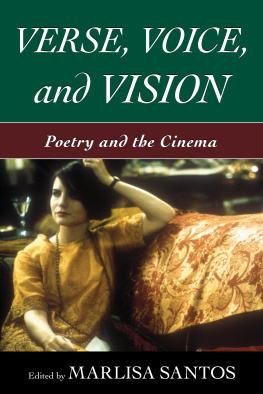
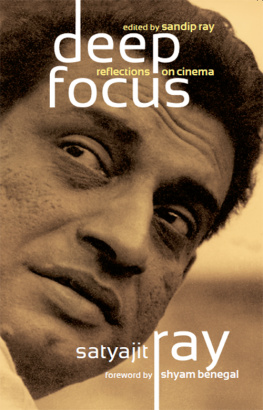
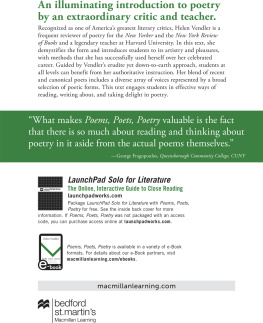
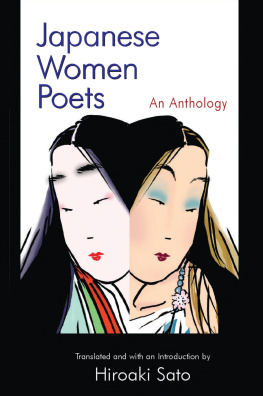

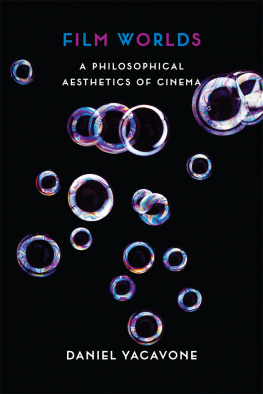
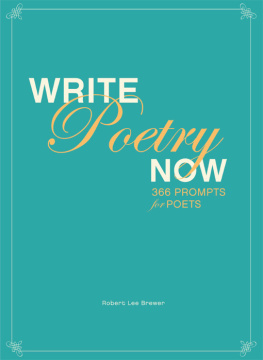

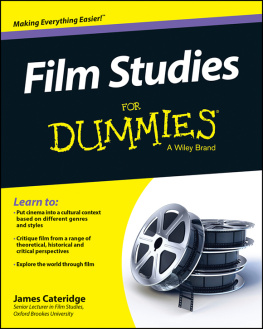

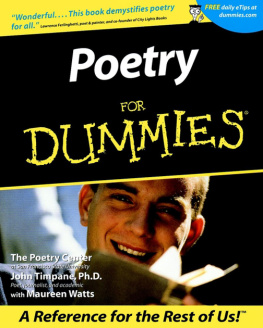

 TM The paper used in this publication meets the minimum requirements of American National Standard for Information Sciences Permanence of Paper for Printed Library Materials, ANSI/NISO Z39.48-1992.
TM The paper used in this publication meets the minimum requirements of American National Standard for Information Sciences Permanence of Paper for Printed Library Materials, ANSI/NISO Z39.48-1992.